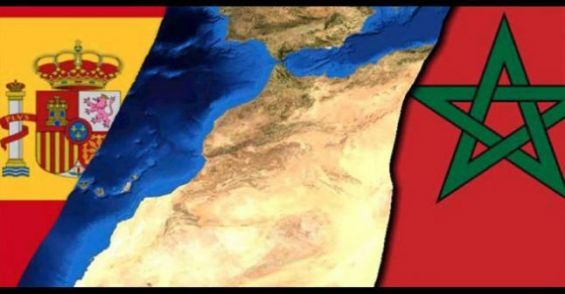There is “no change in the clear and consistent U.S. position” regarding the Sahara issue, said Sunday the U.S. State Department, while reiterating Washington’s support for Morocco’s autonomy plan viewed as “serious, credible, and realistic.”
In a statement published on the eve of the visit to Morocco of U.S. Assistant Secretary for North Africa Bureau of Near Eastern Affairs Joshua Harris (Dec. 17-18), the State Department stressed that during his talks in Rabat, the U.S. official will reiterate that “there is no change in the clear and consistent U.S. position.”
This new reaffirmation of the consistency of Washington’s position provides a scathing denial of the fallacious allegations relayed by some Algerian media outlets which have insinuated, following the recent visit to Algiers by the U.S. official, an alleged change in the U.S. position on the Sahara issue.
“The United States fully supports UN Personal Envoy de Mistura in facilitating the negotiations process to achieve a just, lasting, and mutually acceptable solution for the Sahara,” the statement points out.
After recalling that the United States “believes a negotiated political solution should be realized without further delay,” the State Department underlines that “the outcome of UN-led negotiations – mutually agreed to by the parties and reflecting their commitment to UN efforts in a spirit of realism and compromise – would constitute the final resolution to this issue.”
“In this regard, the United States continues to view Morocco’s Autonomy Proposal as serious, credible, and realistic,” it says.
The visit to Rabat of Deputy Assistant Secretary Joshua Harris will also focus on the means to further strengthen the U.S.-Morocco partnership in addition to a range of regional security priorities, the statement stresses.
In an interview during his visit to Algeria Last week, Joshua Harris said his visit was all about urging the country to contribute to facilitating the mission of the UN envoy Staffan De Mistura to speed up the political process to find a lasting political solution to the Sahara conflict.
In this interview published by the American embassy in Algiers on its website, it was clear that the U.S. is blaming Algeria for perpetuating the Sahara conflict by hampering UN efforts to reach a mutually acceptable political solution based on compromise, in line with Security Council resolutions which since 2007 have been describing Morocco’s autonomy plan as serious, credible, and realistic.
In choosing Algeria as an interlocutor on the Sahara issue, the US sends a clear message that Algiers is the real party to the conflict, vindicating Morocco’s position that no political solution is fathomable without the active involvement of Algeria, the paymaster, protector and donor of the Polisario militias.
“We are serious about using our influence to enable a successful UN political process,” said Harris in his interview.
The US recognized Morocco’s sovereignty over the Sahara territory in 2020 and backed the autonomy plan.



